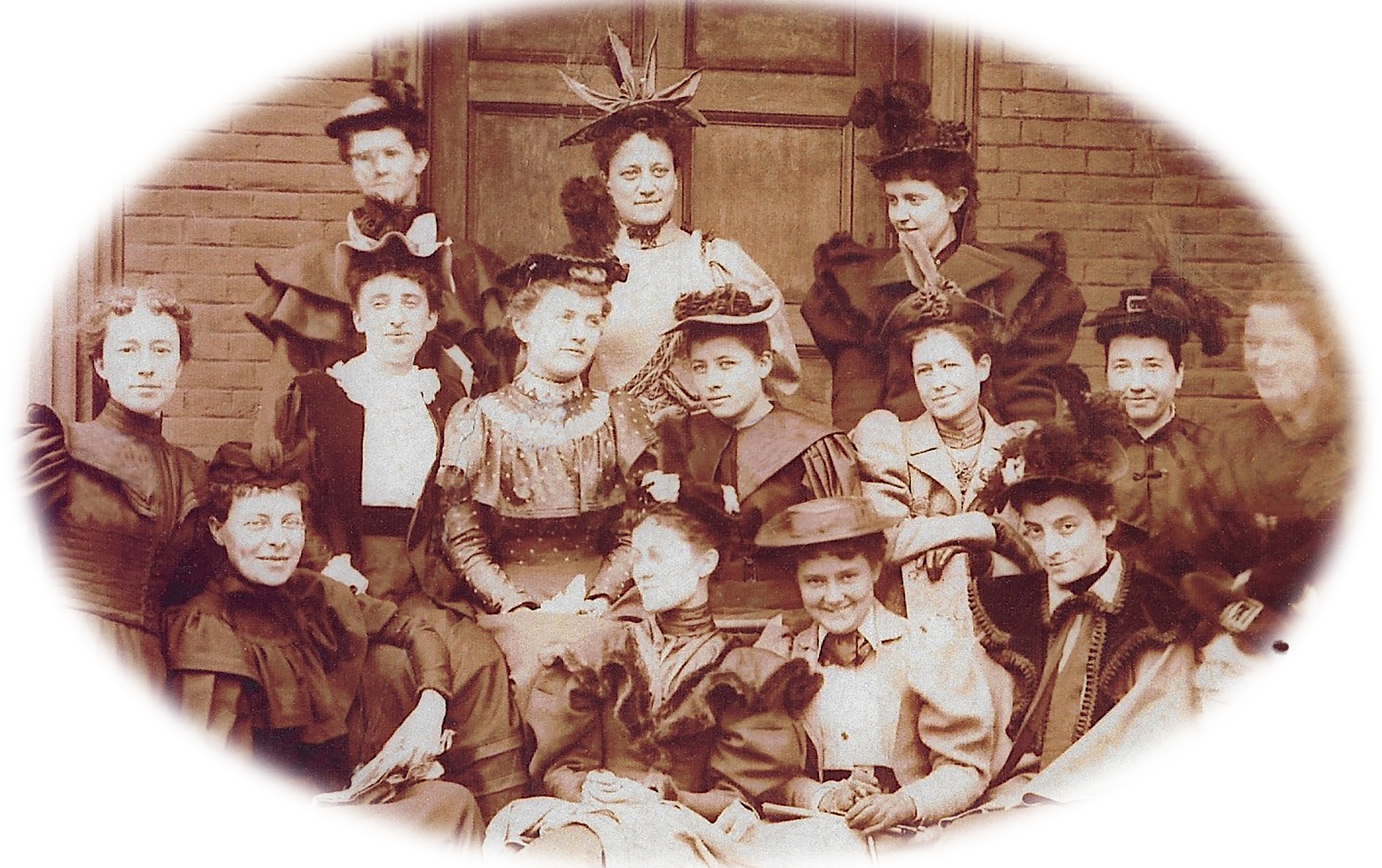Chautauqua (/ʃəˈtɔːkwə/ shə-TAW-kwə) is an adult education and social movement in the United States that peaked in popularity in the late 19th and early 20th centuries. Chautauqua assemblies expanded and spread throughout rural America until until the mid-1920s. The Chautauqua brought entertainment and culture for the whole community, with speakers, teachers, musicians, showmen, preachers, and specialists of the day. U.S. President Theodore Roosevelt said that Chautauqua is "the most American thing in America".
— Wikipedia
By 1906, the General Federation of Women's Clubs included some 5,000 literary and study groups. Historians have estimated that this number represents only 10 percent of the total numbers of women's literary societies of the time.
Women's Clubs' descriptions focused on their members' efforts to develop and expand their minds through the study of classic, already respected authors. Shakespeare's works were a staple, but clubs also covered a wide range of other genteel authors, from Whittier to Browning and from Dante to Dickens. Meetings usually consisted of one member presenting a paper on the author under discussion and other members responding to her paper.
— encyclopedia.com
